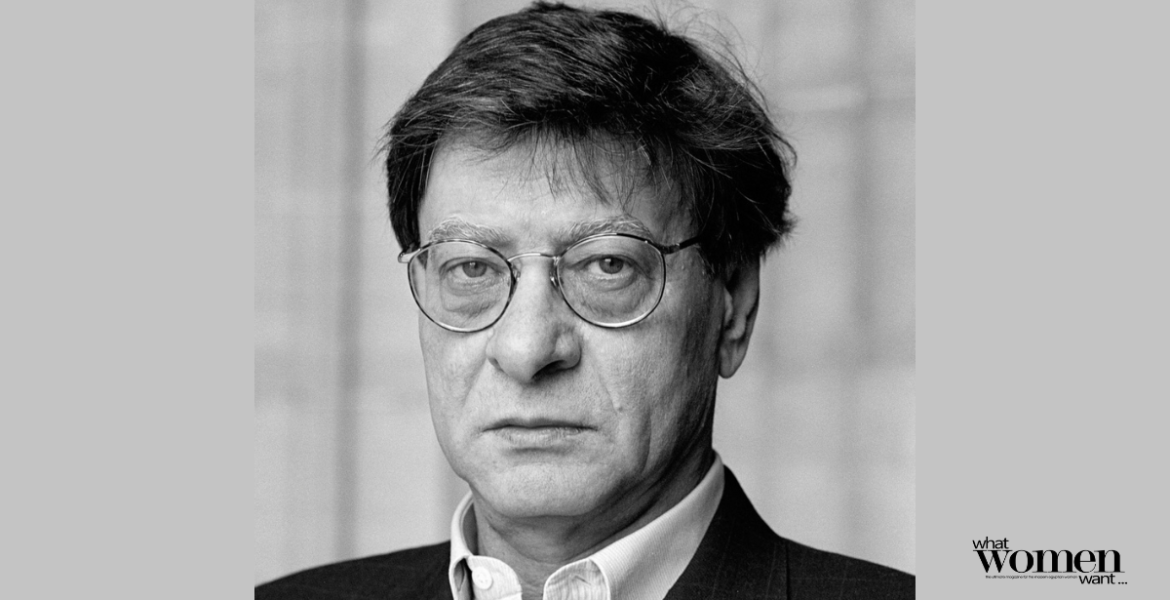“Write down!
I am an Arab
You have stolen the orchards of my ancestors
And the land which I cultivated
Along with my children
And you left nothing for us
Except for these rocks.
So will the State take them
As it has been said?!”
These heart-wrenching words are the work of Palestine’s national poet, resistance poet. The man whose words ring true to this day, Mahmoud Darwish, in his poem “Identity Card”. This poem was one of the first well-known for the poet. It was first published in the collection Leaves of Olives. When 24-year-old Darwish first read the poem publicly, he was met with a warm yet blue reaction amongst the Palestinians without “identity,” commonly referred to as IDPs – internally displaced persons.
His Early Life:
Darwish was a Palestinian poet and author born on March 13, 1941, in Al Birweh, northern Palestine. He was born into a land-owning middle-class family. He was mainly raised by his grandfather who mainly influenced his work later in life. During the Nakba in 1948, he witnessed the horrific massacres that his people and his land faced. Darwish and his family were forced to flee to Lebanon. The Israeli Forces wiped out his hometown. After a year, he returned to Deir al-Asad, Palestine, and he moved around in the following years.
His Extraordinary Work:
“This land gives us
all that makes life worth living:
Lady Earth, mother of all beginnings and endings,
She was called Palestine
and she is still called Palestine.
My Lady, because you are my Lady, I deserve life.”
Over his fruitful lifetime, Darwish published more than 30 poetry books and eight prose books. He also was the editor of many prestigious periodicals like Al Jadid, Al Fajr, and Al Karmel. But, his work did not come at a late stage in life. At the ripe age of 17, he was expressing the suffering of the Nakba refugees and the inevitability of their return through poetry. He quickly made a name for himself when he began reciting poems at poetry festivals.
To My Mother:
“Dearly I yearn for my mother’s bread,
My mother’s coffee,
Mother’s brushing touch.
Childhood is raised in me,
Day upon day in me.
And I so cherish life
Because if I died
My mother’s tears would shame me.”
These words are from his 1996 poem “To My Mother” which became an unofficial Palestinian anthem. It is one of Darwish’s most popular poems. Darwish wrote it behind the bars of an Israeli prison, as a way to reconcile with his mother and is addressed to her in the form of a letter. Written so many years ago, the words carry the same meaning for the dozens of Palestinian children who are locked away in military prisons.
“Palestinian people are in love with life”
His poetry, particularly his choice of words, contributed to the creation of a Palestinian identity that arose in the occupation’s many attempts to erase their culture.

